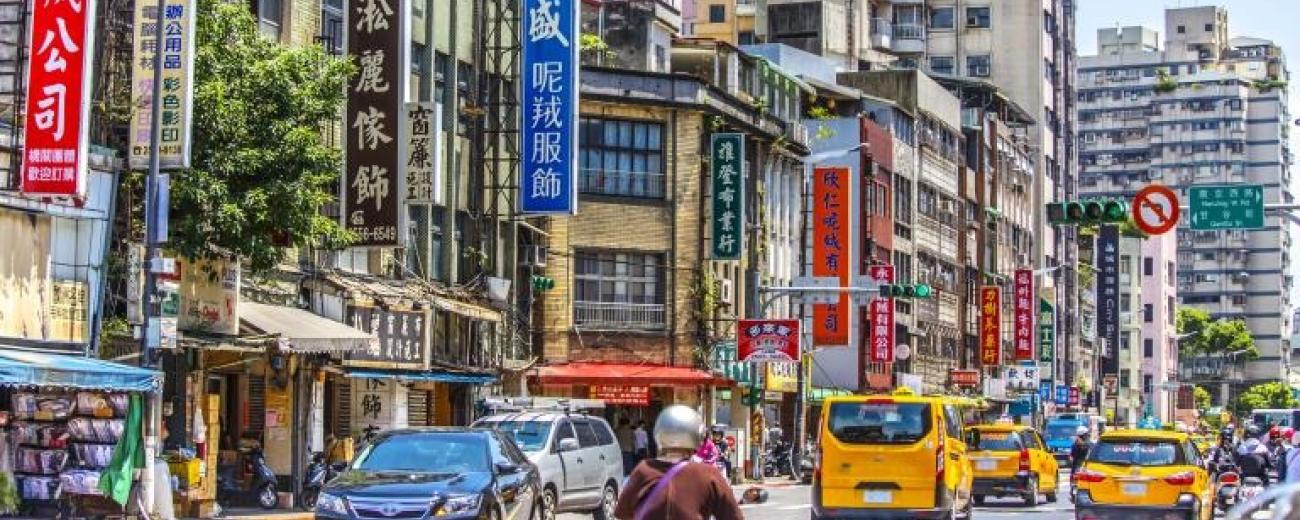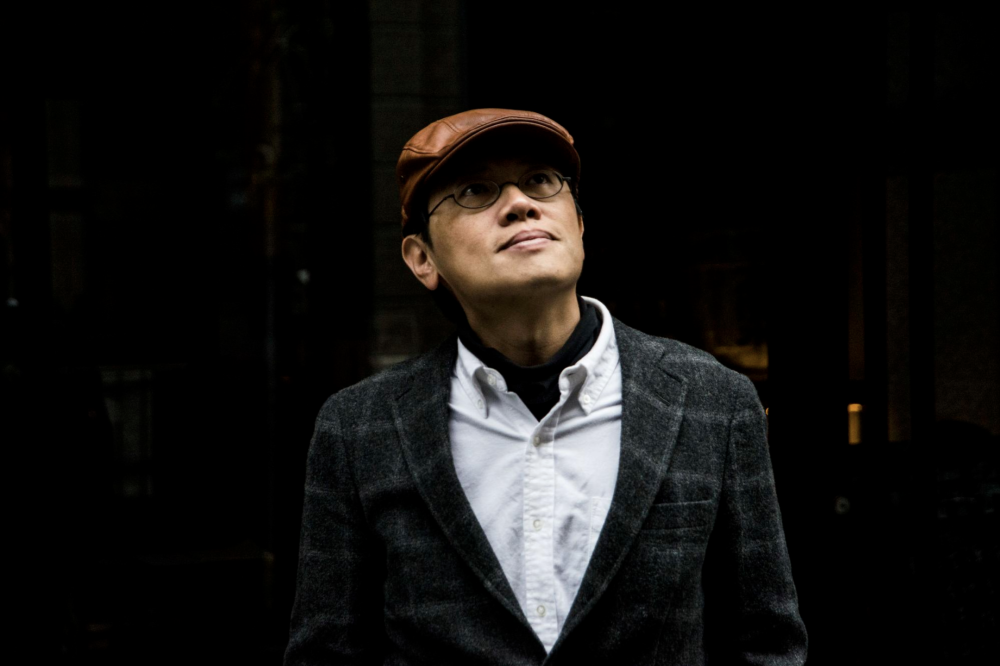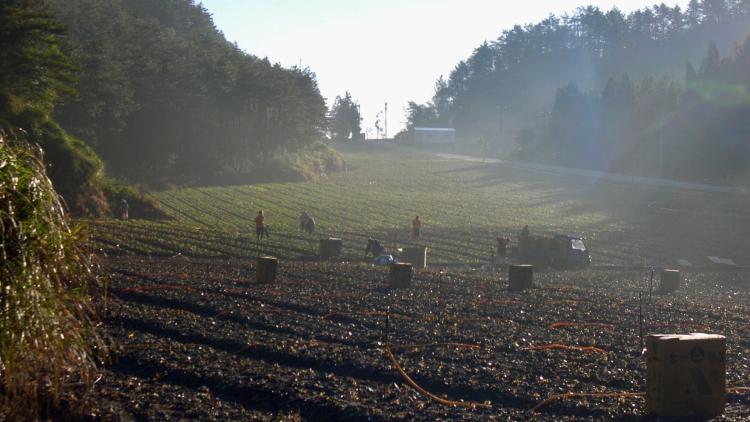
Challenges facing Taiwan’s Democracy in the 2020s

Key information
- Date
- Time
-
3:00 pm to 7:00 pm
- Venue
- Main Building, SOAS University of London, 10 Thornhaugh St, London WC1H 0XG
- Room
- DLT (3:00 - 5:00 PM); BG01 (5:00 PM - 7:00 PM)
- Event type
- Lecture
About this event
The event will be divided into two parts, each followed by a Q&A discussion
- Part 1 (3:00pm to 5:00pm): Taiwan’s Democracy in the 20s and the Challenges Posed by Generational Politics
- Part 2 (5:00pm to 7:00pm): The Prospects and Challenges of Constitutional Reform in Taiwan
Taiwan’s democracy faces a range of new and old challenges in the 2020s. The biggest threat is still the aggressive authoritarian People’s Republic of China. But this democracy itself has internal weaknesses. Its electoral system is rigorously restricted by the Constitution. It constrains this young democracy from realizing its full potential as a unique country that could contribute to the world.
The 2024 election was not a big victory for the ruling party, the Democratic Progressive Party. Yet it may be a blessing in disguise in the sense that all major parties are forced to rethink and to reform. All the parties need to focus on how to deal with generational divisions.
Young people’s dissatisfaction and alienation with political establishments is a worldwide trend, but each democratic government has to deal with the generational politics within its own context. Taiwan’s democracy needs to make itself more inclusive for young people.
A more open system requires constitutional reform amendment, which appears close to impossible due to the high threshold to pass amendments. However, if there is a strong enough voice from the people and civil society to demand a constitutional reform then change is possible.
In this scenario political leaders from different political parties might be willing to negotiate to work together towards a constitutional consensus. The extremely high threshold might even turn out to be the factor that bonds the parties together in order to pass the amendment.
If Taiwan can achieve constitutional reform to strengthen and advance its democracy, this could have a huge positive impact on the region and the world.
Meet the speaker
Mr. Yi-Cheng Jou
Mr. Yi-Cheng Jou is Chairman and CEO of the Sedai Group, a group composed of several social enterprises. He holds master degrees from the School of Advanced International Studies, Johns Hopkins University and the Sloan School of Management, Massachusetts Institute of Technology.
Mr. Jou has been described as a “political artist”, by some commentators. He has been praised for his creative work as a student activist in Taiwan’s democratization and later as a prominent youth leader in the then opposition DPP, the current ruling party.
Mr. Jou is also well known as a “social entrepreneur” for his endeavour in the past decade in revitalizing the historic Twa-Tiu-Tiann in Taipei City, by bringing in start-ups to boost the local economy, and by holding the Twa-Tiu-Tiann International Festival of Arts.
He is widely regarded as a “thinker of the generation” by many politicians, academics and professionals of all walks. While he holds no government position, his articles and thoughts are spread among ministers and legislators.
Mr. Jou meets visitors from governments, embassies, universities and media from over the world, helping them to understand Taiwan’s politics and history. He advised President-elect Lai Ching-te on various issues before and during the 2024 campaign.
His upcoming book is “Taiwan: A Unique Country Upholding Universal Values”. And his new start-up project is Sedai Media, a content platform with artificial intelligence at its core.
“He is one of our best”— Lai Ching-Te, President-elect of Taiwan
Image by Yu-En Lin via The Reporter



